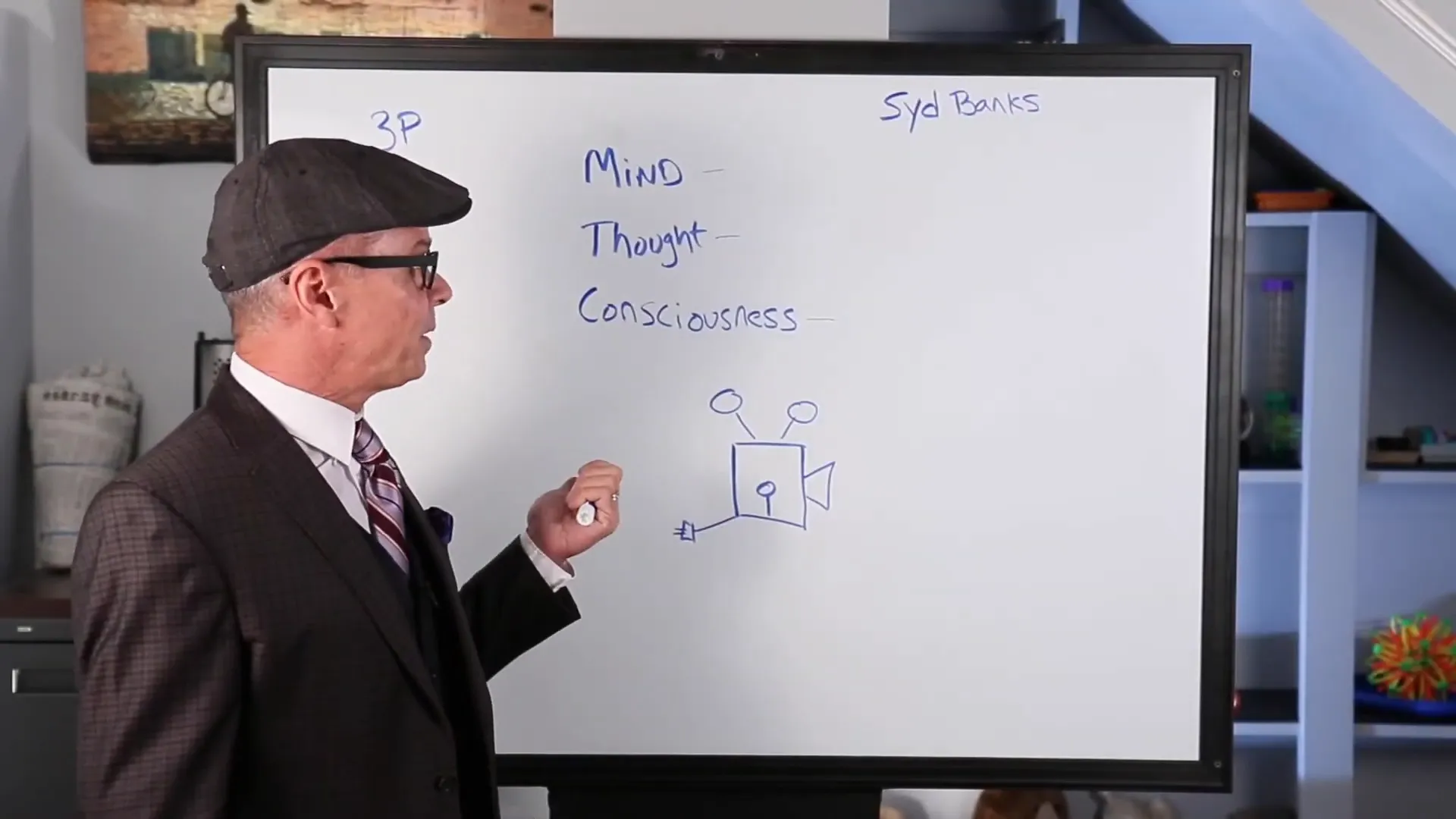Understanding “The Three Principles” can provide a transformative perspective on life and mental well-being. This framework, rooted in Sydney Banks’s teachings, offers insights into how we create our experiences through thought, consciousness, and mind. Below, we delve deep into these principles, exploring their origins, significance, and practical applications in our daily lives.
Origins of The Three Principles
Sydney Banks, a welder with a ninth-grade education, was an ordinary man who experienced a profound realization that changed his life and the lives of many others. Despite not being a licensed mental health professional, Banks developed concepts that would later form the foundation of The Three Principles. He emphasized that the essence of his teachings was often lost in the words used to describe them. This struggle with language is a common theme in explaining complex psychological concepts.
In his journey, Banks often advised not to focus on the words but rather on the experience itself. This perspective highlights the challenge of conveying profound insights through language, which can sometimes dilute their original essence. Just as a classic Italian sub sandwich loses its authenticity when mass-produced, so too can the core of Banks’ message be overshadowed by the attempt to franchise his ideas.
First Encounters with The Three Principles
The speaker recounts his initial exposure to The Three Principles, which was met with scepticism. He had been involved in therapy and felt he had a solid grasp of psychological concepts. When his father introduced him to Banks’ teachings, he approached the experience with a critical mindset. Attending a workshop in Berkeley, he encountered Mark Howard, who was discussing the concept of ‘nothingness’—a core idea in Banks’ philosophy.
At first, the speaker was frustrated by the abstract nature of the discussions. Howard’s focus on ‘nothingness’ seemed to lack substance. However, this very frustration sparked a curiosity that would lead him deeper into understanding these principles. His wife’s remark about his passionate response to the concept of nothingness made him realize that there was something significant at play.
The Essence of The Three Principles
At its core, The Three Principles consist of mind, thought, and consciousness. Understanding these elements can shift one’s perspective on life and mental health.
Mind: The Formless Energy
Mind is often described as a formless energy that underpins our existence. It represents the source of life and the driving force behind our experiences. Just as electricity powers various devices, mind fuels our consciousness and awareness.
This formless energy is not something we can see directly, but we can observe its effects in our lives. The analogy of a movie projector illustrates this concept perfectly; the projector itself (mind) provides the energy needed to cast images, but the film (thought) shapes what is displayed on the screen (our reality).
Thought: The Film of Our Lives
Thought acts as the film running through the projector, shaping our reality. Each thought we have creates a different image on the screen of our lives. This means our experiences are not dictated by external circumstances but rather by the thoughts we engage with.
When we realize that we are the directors of our own lives, we gain immense power over our experiences. This understanding allows us to navigate life with greater ease, recognizing that we can choose which thoughts to focus on and which to let go of.
Consciousness: The Light Illuminating Our Experience
Consciousness is akin to the light bulb in the movie projector. It represents our awareness and the ability to perceive our thoughts and experiences. When we are conscious, we are alert and engaged with life. Conversely, when we are unconscious, we may find ourselves on autopilot, reacting to life rather than actively participating in it.
This dynamic interplay between mind, thought, and consciousness is what creates our unique experiences. By understanding this relationship, we can begin to see how our perceptions shape our reality, empowering us to shift our experiences by changing our thoughts.
The Transformative Power of Understanding
As the speaker continued to explore The Three Principles, he noticed profound changes in his clients. They began to grasp previously elusive concepts, realizing that their problems were not as insurmountable as they had believed. This awakening to a deeper understanding of their psychological world brought about significant shifts in their well-being.
The essence of Banks’ teachings lies in their simplicity and clarity. They are not theories that change over time but foundational truths that remain constant. Integrating these principles into our lives can cultivate a deeper sense of peace and resilience.
Practical Applications of The Three Principles
Understanding The Three Principles is one thing; applying them in our daily lives is another. Here are some practical ways to incorporate these insights:
- Reflect on Your Thoughts: Reflect on your thoughts and how they shape your experiences. Ask yourself if these thoughts serve you or if they can be released.
- Embrace the Present Moment: Focus on being present and aware of the here and now. This practice can help reduce anxiety and increase your overall sense of well-being.
- Share Your Insights: Discuss your understanding of The Three Principles with others. Sharing can deepen your comprehension and help others find clarity in their lives.
Conclusion
The journey through The Three Principles is one of self-discovery and empowerment. Understanding the roles of mind, thought, and consciousness can transform our experiences and cultivate a sense of well-being. As we navigate the complexities of life, these principles serve as a guiding light, reminding us that we have the power to shape our reality through our thoughts.
For more insights on The Three Principles and overall wellness, check out Human-iOS.consulting
